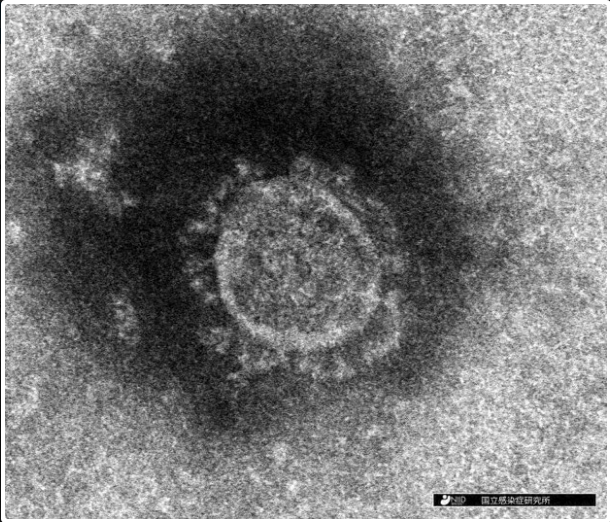Japan Experts Urge Authorities to Reinforce Basic COVID-19 Countermeasures Among Public

A group of about 40 scientists, including physicists and experts on infectious diseases, have issued a joint statement pressing Japan’s national and local governments to urge the public to adopt anti-coronavirus transmission best practices as the pandemic crisis continues to deepen.
Tsuyoshi Hondo, head of the group and associate professor specializing in clinical ecology at Tohoku University, held a press conference on Aug. 27 and warned, “Anti-coronavirus measures are not limited to just refraining from outings and changing how you go about your activities. I find it odd that the national and local governments are saying that they have exhausted all their options, even though the expertise of specialists have not been utilized in full.”
The statement cited recent research showing that the virus is most often transmitted through aerosols — fine droplets suspended in the air — and the scientists pointed out that “urethane and regular cloth masks are ineffective against aerosols.” They pointed out that some countries have banned wearing masks made of urethane material, and demanded that national and local governments in Japan also develop legal and other regulatory systems to urge the public to wear nonwoven and other masks that can prevent infection effectively.
The group also stated that although aerosol particles remain in the air for a long time indoors, thorough ventilation requires much more than opening a window for short periods about twice an hour. Scientists also raised the problem of there being establishments that do not even open their windows to retain cool or warm air from air conditioning. They asked central and local administrative authorities to encourage residents to carry out proper ventilation by utilizing air purifiers and employing heat-exchange ventilation, which enables ventilation while maintaining the room temperature, in confined spaces where many people gather.
On top of this, the group stated that “infections will not necessarily spread if effective countermeasures are taken in places where people come into contact,” and claimed that before discussing potential restrictions on people’s movements or a lockdown, “steps should be taken swiftly so that basic measures which have been proven effective are thoroughly enforced.”
University of Tokyo professor Shigeto Yonemura, a doctor and legal scholar who was at the Aug. 27 press conference, questioned whether anti-infection measures based on reasonable scientific grounds are being carried out in Japan.
























